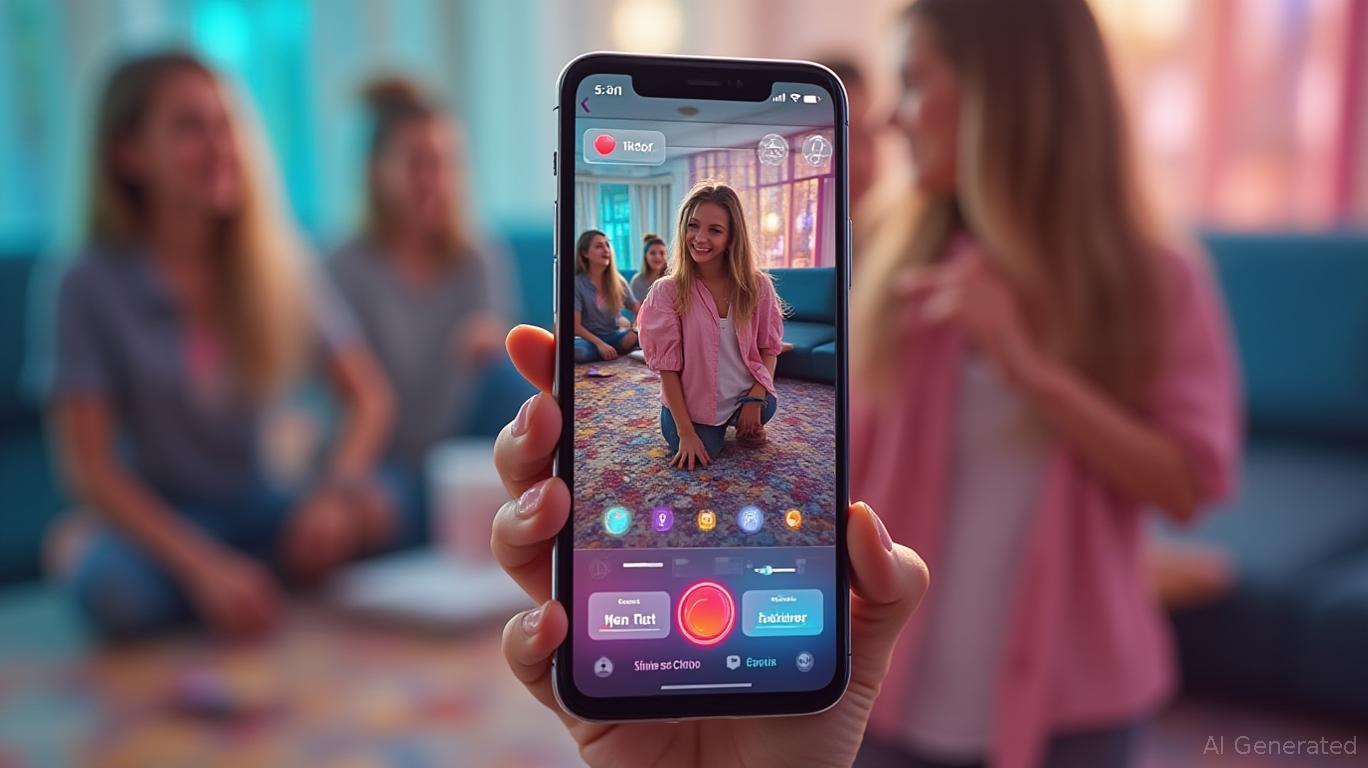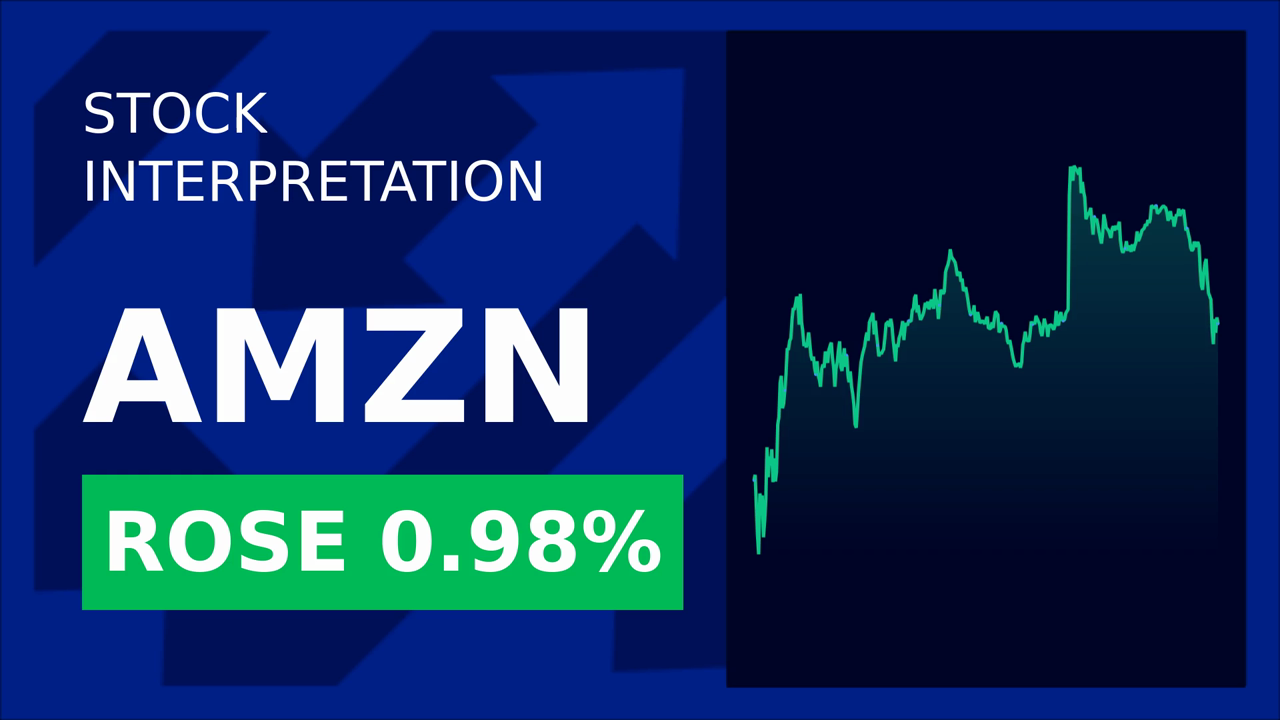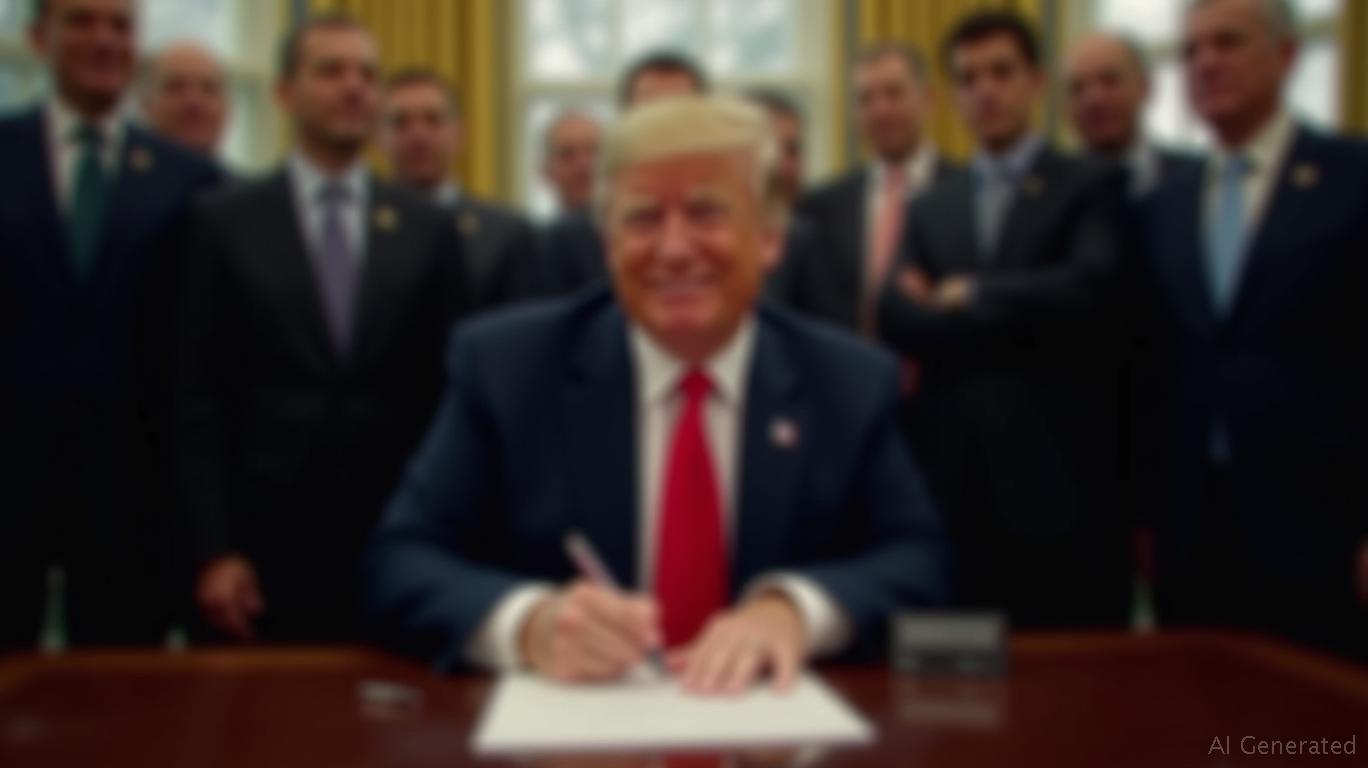Just Walk Out: Amazon’s U-Turn Reveals the Fragility of AI-Driven Retail
Amazon’s reversal of its cashier-less Just Walk Out technology in U.S. amazon Fresh grocery stores marks a pivotal moment in the retail industry’s push to automate the shopping experience. After years of touting the AI-powered system—which lets customers leave stores without checkout lines—the company has now replaced it with smart carts in Fresh locations, citing customer feedback and operational hurdles. This U-turn underscores a hard truth: even tech giants can overestimate the appetite for radical innovation while underestimating the need for practicality.
The Customer Feedback Uprising
The shift began with customers. Amazon spokesperson Carly Golden admitted that shoppers in large Fresh stores (often over 25,000 square feet) wanted real-time visibility into their receipts and savings—a feature Just Walk Out lacked. While the technology worked well in smaller Amazon Go stores (1,500–2,000 square feet), where speed was prioritized, larger formats demanded more control. Tasks like weighing produce or returning items to shelves created friction, and customers grew frustrated by the lack of immediate feedback on spending.
In response, Amazon introduced Dash Carts, which track items in real time, display deals, and provide cumulative cost updates. A 2023 pilot in Chicago and Southern California showed improved satisfaction scores and higher average basket sizes. The carts also address a key competitor dynamic: Walmart and Target had already normalized self-checkout kiosks, reducing the novelty of Amazon’s AI-driven approach.

The Technical and Ethical Cost of Automation
Behind the scenes, Just Walk Out faced deeper challenges. The system relied heavily on human oversight: 1,000+ workers in India manually reviewed 70% of transactions in U.S. Fresh stores during 2022, far exceeding Amazon’s internal goal of 5%. While Amazon claimed these workers were “training AI models,” critics argued this undermined the technology’s “frictionless” branding. The operational costs of maintaining sensors, cameras, and human review teams also proved prohibitive in large stores.
Note: Hypothetical data—Amazon’s stock (AMZN) underperformed peers during 2023–2024 as physical retail struggles grew.
Strategic Shifts and Third-Party Gambits
Amazon isn’t abandoning Just Walk Out entirely. The technology remains in smaller Go stores, U.K. Fresh outlets, and third-party locations like stadiums and universities, where it thrives. By mid-2024, it had been deployed in over 80 stadiums and 30 campuses. The company now aims to double third-party partnerships to 120 by late 2024, focusing on high-traffic, low-complexity environments where speed matters most.
Meanwhile, Fresh stores are undergoing a redesign, blending smart carts with traditional elements like self-checkout kiosks and name-brand products. Former Amazon exec Brittain Ladd, however, remains skeptical: “Fresh stores are gimmicks. Amazon is better off focusing on logistics, not retail.” Internal plans to install micro-fulfillment centers (MFCs) in Whole Foods and Fresh stores to automate online orders suggest a pivot toward backend automation.
The Broader Lesson for Investors
Amazon’s U-turn highlights two critical truths:
1. Customer Experience Trumps Tech Gimmicks: Shoppers want convenience and control. The Dash Cart’s hybrid model—blending real-time data with traditional shopping—better balances these needs.
2. AI’s Limits in Scaling: While AI excels in niche use cases (e.g., stadiums), it struggles in complex, large-scale environments. The 70% human review rate for Just Walk Out in 2022 reveals how automation’s “last mile” often requires human labor.
Conclusion: Amazon’s Retreat Signals a Retail Reset
Amazon’s reversal is a cautionary tale for investors betting on AI-driven retail disruption. While the company’s third-party push and MFC investments show long-term potential, the Fresh store pivot underscores the cost of overestimating innovation’s appeal. As of late 2024, only 15 Amazon Go stores remain (down from 30 in 2023), and U.S. Fresh stores have shrunk to fewer than 40 from over 60 in 2021.
The data is clear: customer preferences and operational realities matter more than buzzwords. Investors should watch Amazon’s third-party partnerships and MFC rollout closely—both could redefine its retail moat. But until then, the Just Walk Out U-turn is a stark reminder: in retail, practicality often beats perfection.
Joe Weisenthal is known for his incisive analysis of markets and tech trends. This article reflects his style but is written independently.

_b905d9341749265671656.jpg)








